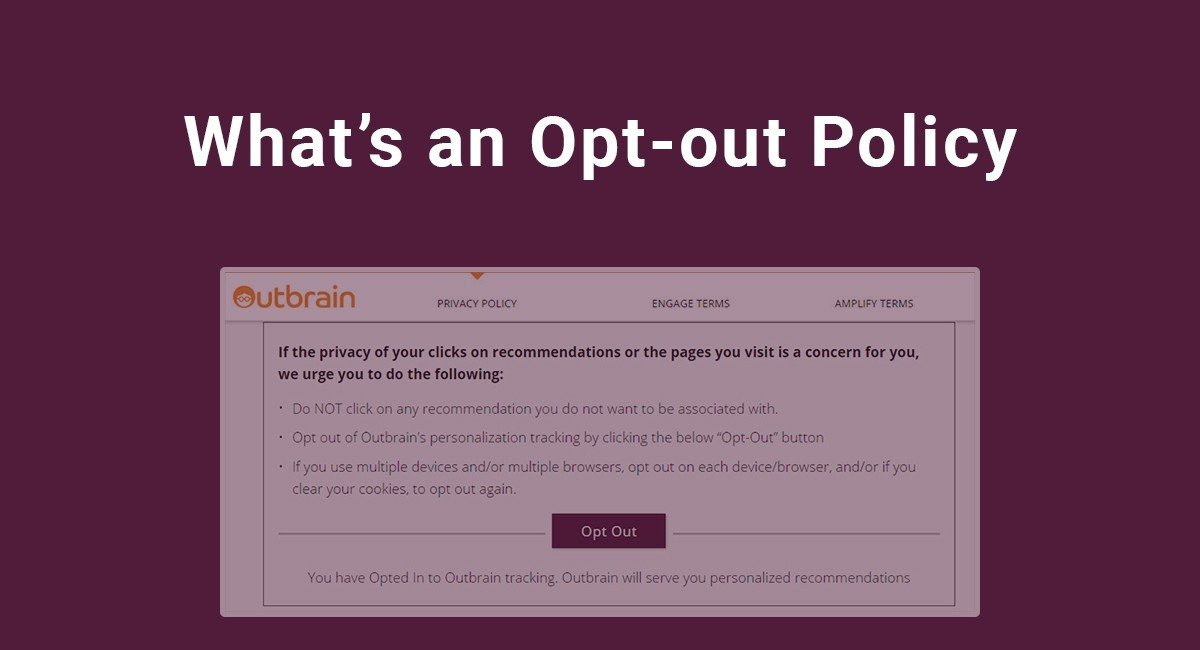Owning a home is a significant investment, and protecting that investment with homeowners insurance is crucial. However, there may come a time when you want to opt out of your homeowners insurance policy, whether it’s due to financial constraints, dissatisfaction with your current provider, or other reasons. In this article, we’ll explore the possibility of opting out of homeowners insurance and the potential consequences of doing so.
Understanding Homeowners Insurance Requirements
Before delving into the option of opting out, it’s essential to understand the requirements surrounding homeowners insurance. In most cases, if you have a mortgage on your home, your lender will require you to maintain homeowners insurance. This is because the lender has a financial interest in the property, and homeowners insurance protects their investment in case of damage or loss.
Even if you own your home outright, without a mortgage, it’s generally recommended to have homeowners insurance. This type of insurance not only covers the physical structure of your home but also provides liability protection in case someone gets injured on your property and personal property coverage for your belongings.
Can You Opt Out of Homeowners Insurance?
While it’s not advisable, you can legally opt out of homeowners insurance in certain situations. Here are some scenarios where you might consider opting out:
-
Paying Off Your Mortgage: If you’ve paid off your mortgage entirely, your lender no longer has a financial stake in your property, and they cannot require you to maintain homeowners insurance. However, it’s important to note that opting out in this scenario leaves you financially vulnerable should any unexpected events occur.
-
Dissatisfaction with Current Provider: If you’re unhappy with your current homeowners insurance provider, you have the option to switch to a different company rather than opting out entirely. Most insurance companies allow you to cancel your policy at any time, and you may be entitled to a prorated refund for the remaining period.
-
Financial Constraints: In some cases, homeowners may opt out of insurance due to financial difficulties. However, this decision should be carefully weighed against the potential risks and consequences of being uninsured.
Consequences of Opting Out
While it’s legally possible to opt out of homeowners insurance in certain situations, it’s generally not recommended. Here are some potential consequences of opting out:
-
Financial Risk: Without homeowners insurance, you’ll be solely responsible for covering the costs of any damages or losses to your home and personal belongings. This could result in significant financial strain, especially in the event of a major disaster like a fire, tornado, or hurricane.
-
Liability Exposure: Homeowners insurance provides liability coverage, which protects you from lawsuits if someone gets injured on your property. Opting out means you’ll be personally liable for any legal costs and settlements if someone decides to sue.
-
Difficulty Obtaining Future Insurance: If you opt out of homeowners insurance and later decide to reinstate coverage, insurance companies may view you as a higher risk and charge you higher premiums or even deny coverage altogether.
-
Violation of Mortgage Agreement: If you have a mortgage and opt out of homeowners insurance, you’ll be in violation of your mortgage agreement, which could lead to penalties or even foreclosure.
Alternatives to Opting Out
Instead of opting out entirely, there are alternatives worth considering:
-
Shopping Around: If you’re dissatisfied with your current provider or rates, shop around and compare quotes from different insurance companies. You may find a better deal or more comprehensive coverage elsewhere.
-
Adjusting Coverage: If cost is a concern, you can explore adjusting your coverage levels or increasing your deductible to lower your premiums. However, be cautious not to underinsure your property.
-
Seeking Assistance: If you’re facing financial difficulties, reach out to your insurance provider or local assistance programs to explore options for temporary relief or payment plans.
Conclusion
While it’s legally possible to opt out of homeowners insurance in certain circumstances, it’s generally not advisable. Homeowners insurance provides crucial protection for your property, personal belongings, and potential liabilities. Before opting out, carefully weigh the risks and potential consequences, and explore alternatives such as shopping around for better rates or adjusting your coverage levels. Remember, protecting your investment and financial security should be a top priority when it comes to homeowners insurance.
No Homeowners Insurance? No Problem
FAQ
Can you cancel your homeowners insurance at any time?
Do you really need home insurance?
How do I stop my home insurance?
Why do mortgage companies require homeowners insurance?

